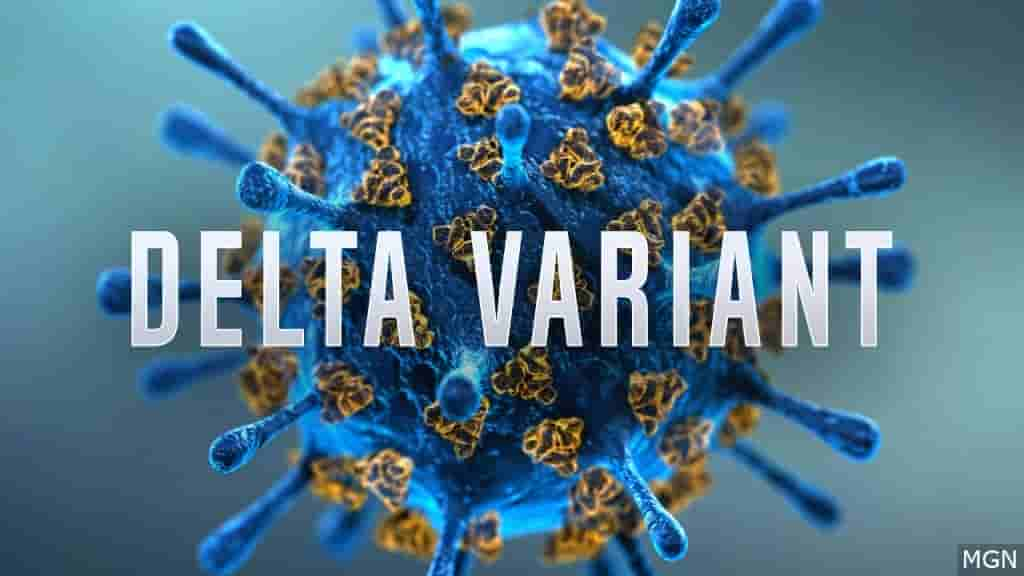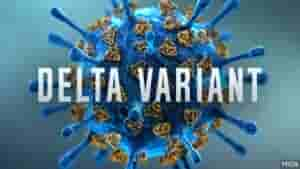As the Delta variant, the fastest and most formidable version of the coronavirus that leads to COVID-19, continues to affect many Americans, doctors have warned the public of the strain’s new symptoms. One of the new symptoms is that those who contracted the Delta variant may not get the loss of taste and smell.
The loss of taste and smell was one of the most common symptoms of the original COVID-19 strain. Doctor George Monks, a dermatologist in Oklahoma, took to Twitter to say that people could have symptoms like body aches, congestion, cough, fever, and shortness of breath in case of the Delta variant. Once a person has these symptoms, they should get themselves checked and tested for the deadly virus.
The Delta variant is affecting a lot of the young and unvaccinated population. It is currently the leading strain in the United States that is why health officials are asking the public to practice health and safety protocols once again.
Wearing face masks is highly recommended because the Delta strain of COVID-19 is known and proven to spread more quickly than the other strains. People who already have it might not realize that soon, and they could go on with their lives without wearing a face mask, increasing the possibility of transmission to others.
Oklahoma State Medical Association President Dr. Mary Clarke said that the Delta variant is deadlier than the original so they encourage people to get vaccinated as soon as possible. The vaccination will help decrease the possibility of contracting the virus. If one contracts it and is vaccinated, the effects of coronavirus are expected to be mild compared to when the infected person is unvaccinated. It is believed that the Delta strain is 50 percent more contagious than the original and other strains.

Dr. Monks also commented on the vaccination, saying: “If you are still hesitant or have some questions about the COVID vaccine, please talk to your physician. The COVID vaccine is safe and very effective at keeping you out of the hospital and keeping you alive. Getting COVID is risky.”


